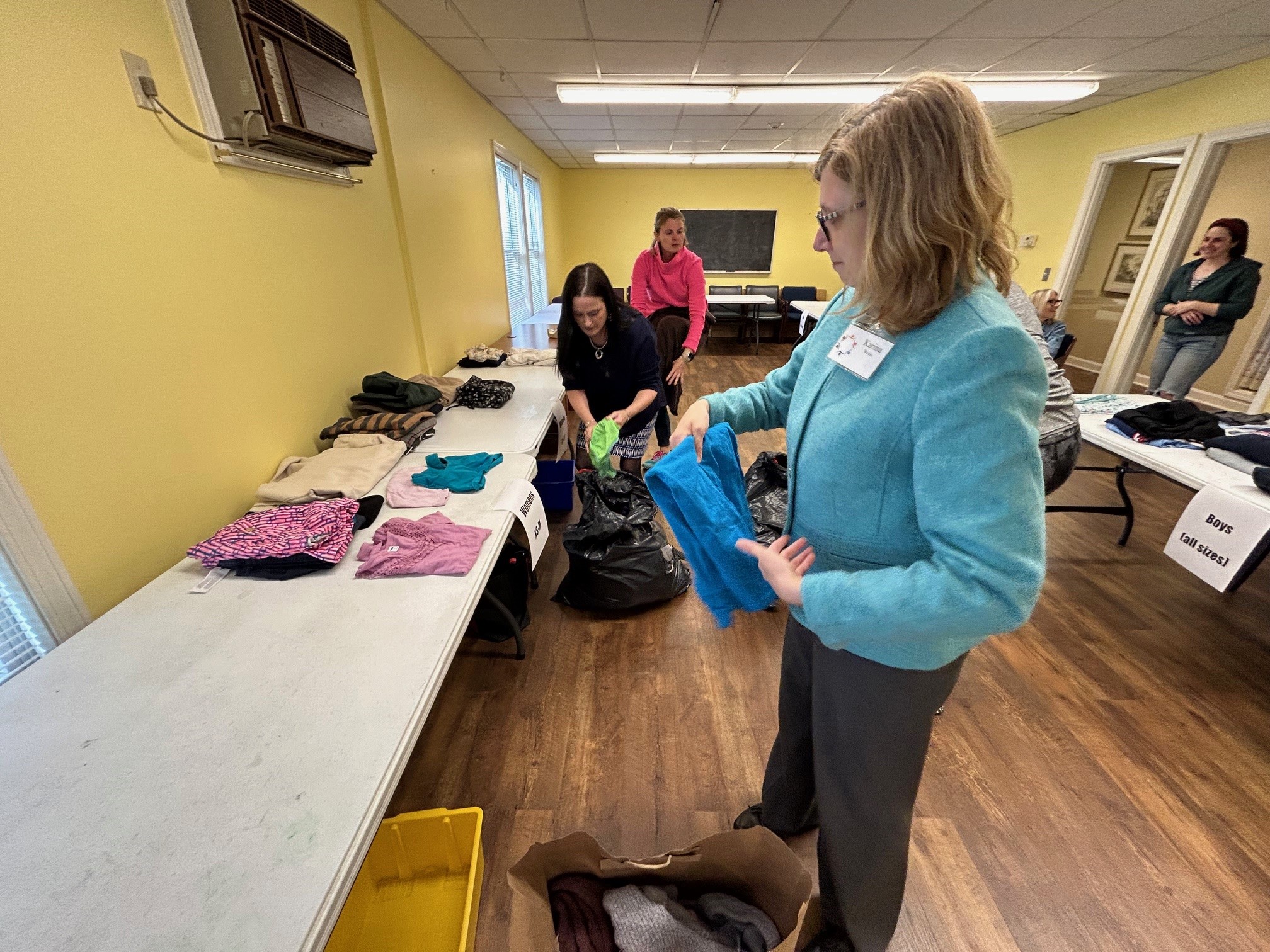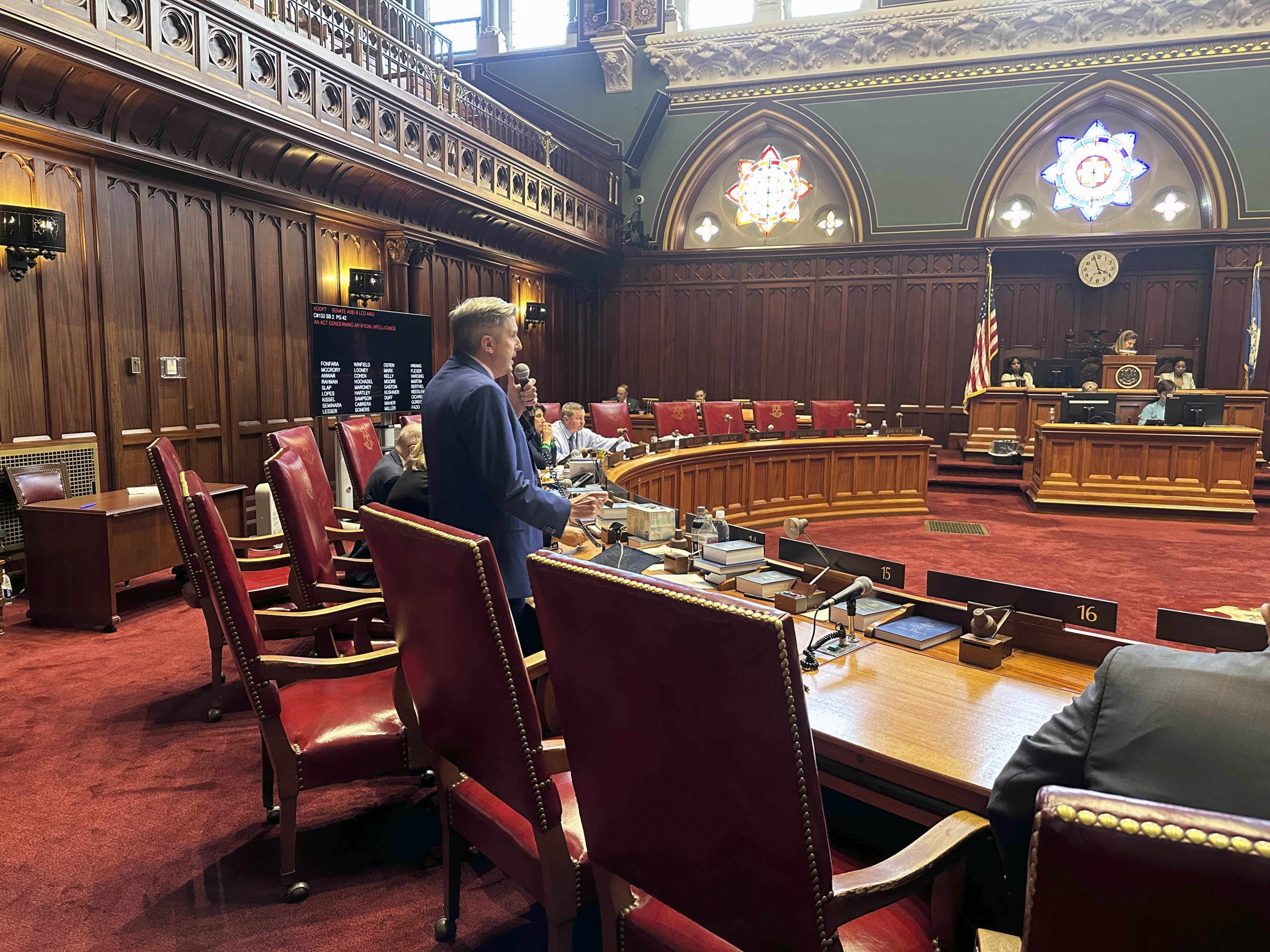With the pandemic has come other problems, like having trouble sleeping.
“They actually coined a term for this. It’s called COVID-somnia or also coronasomnia,” said Dr. Toshita Kumar.
The director of sleep medicine at Bristol Hospital has been hearing from a lot of patients during the pandemic.
“Lack of sleep. It’s been pretty rampant," Kumar said.
Get Connecticut local news, weather forecasts and entertainment stories to your inbox. Sign up for NBC Connecticut newsletters.
She said it’s mostly due to this…S-L-E-E-P.
- Screen time
- Loss of a daily routine
- Ethanol, people turning to alcohol to cope
- Emotional changes, like stress and economic hardship
- P, the unprecedented and political times we’re experiencing
Our schedule only gets more out of whack as Daylight Saving nears on March 14.
Local
“It’s finally to the point where I wake up I wake up and there’s sun and I’m driving home from work and there’s sun and Daylight Savings messes all of that up. Not to mention bed times, it really messes up bedtime,” said Branford's Jenna Glorioso-Dengler, mother of two young kids.
Dr. Kumar suggested soaking up some beautiful sunshine, like Glorioso-Dengler was doing on the Branford town green Thursday. She said it’s one way to wake up and adjust to Daylight Saving time.
“Maybe starting today, would be a good time to start going to bed like 15 minutes earlier,” said Kumar, in order to prepare for the time change.
So how we can get some well-deserved rest?
For any folks tossing and turning with sleep troubles she says remember, R-E-S-T-O-R-E.
- Routine
- Exercise
- Strengthen mental health
- Take time for yourself
- Omit bad habits
- Rule out a sleep disorder by talking to your doctor
- Eating healthy, well balanced meals
“Part of what I tell my patients is to make sure you’re following the same routine,” said Kumar, saying this is a critical part of good "sleep hygiene."
"Following these tips doesn’t mean it’s going to solve all your sleep problems," Dr. Kumar said. She said if these tricks haven't been working, talk to your primary care physician or a sleep doctor.
Good advice as we near a change of the clock.



